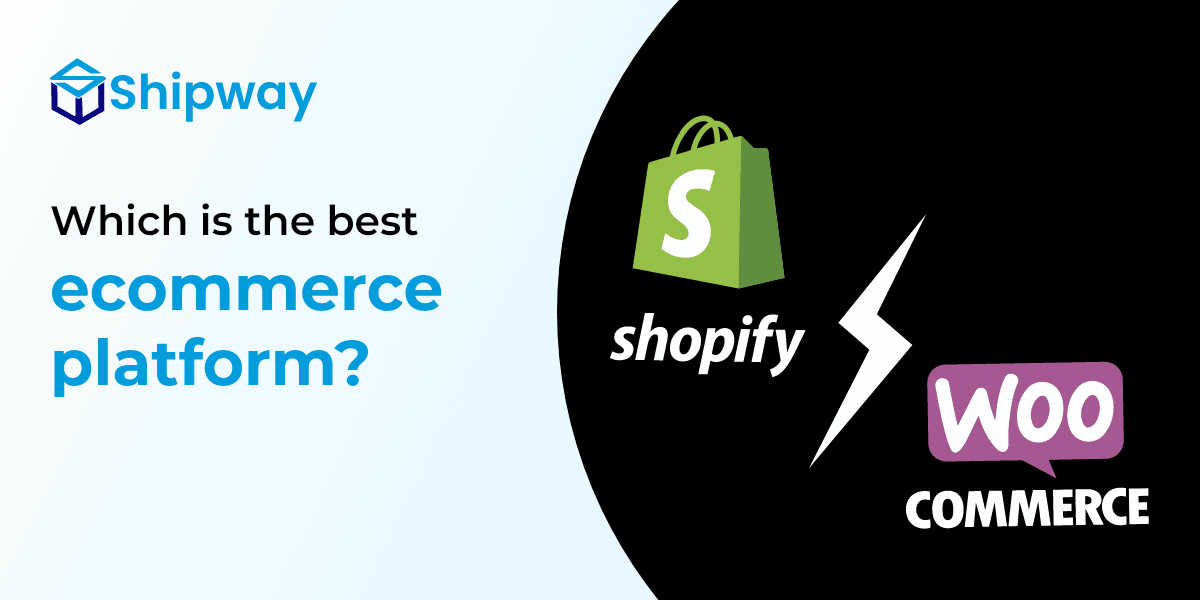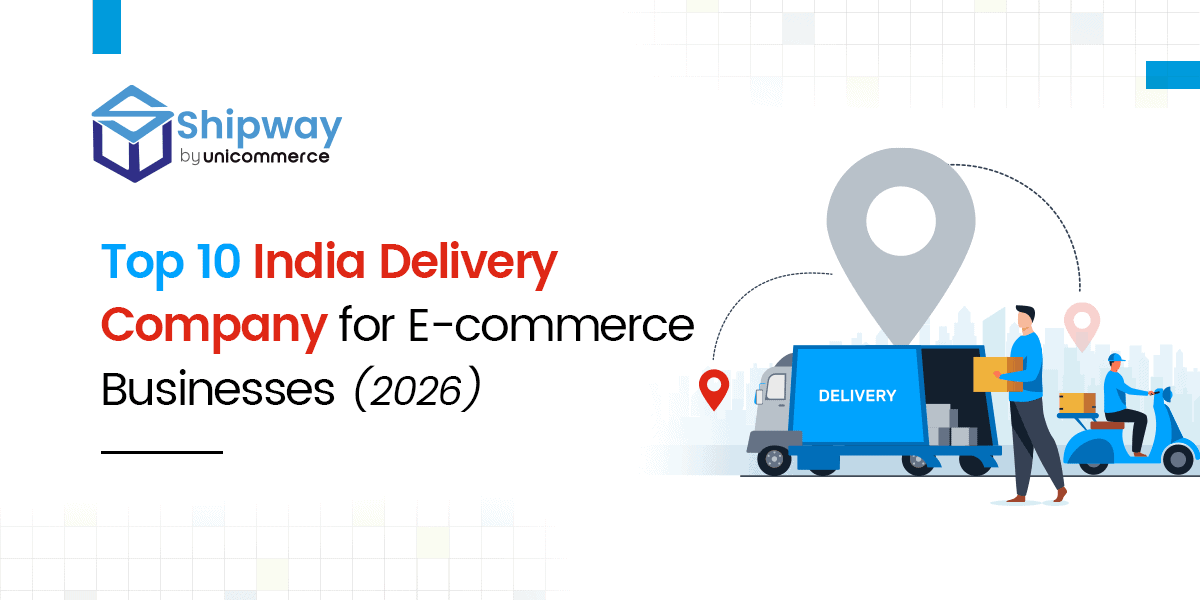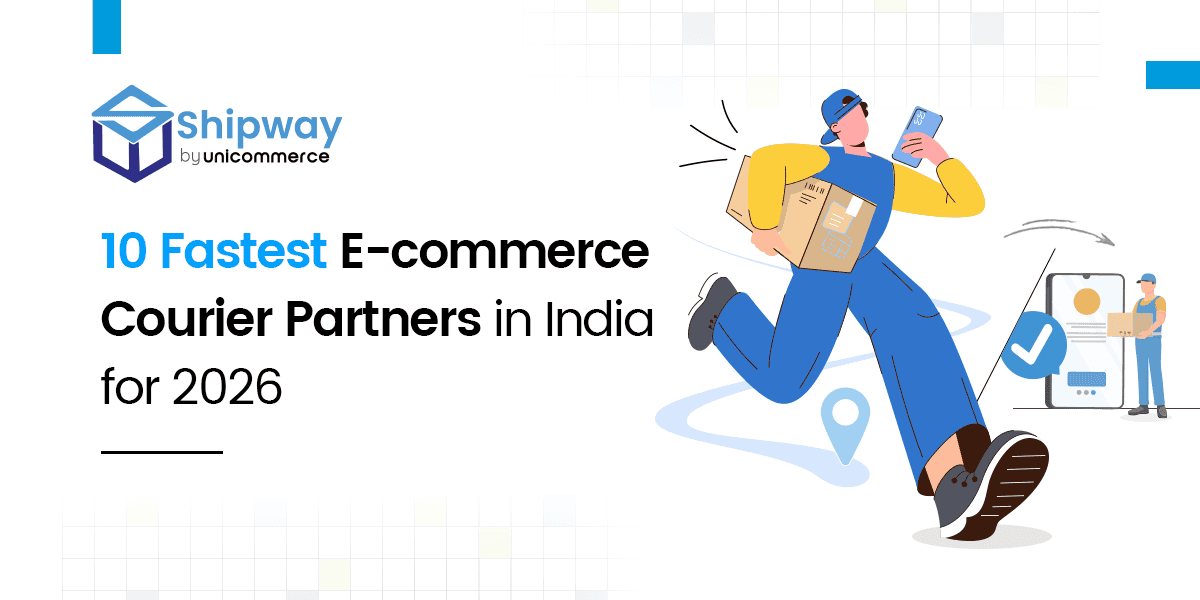When embarking on your e-commerce journey, choosing the right e-commerce platform can make or break your business. With Shopify and WooCommerce leading the pack, the decision can feel daunting.
But fear not! Our comprehensive guide for Shopify vs Woocomerce breaks down the differences, strengths, and drawbacks of Shopify vs WooCommerce in simple terms.
Whether you’re a newbie setting up your first online store or a seasoned pro considering switching, we’ve got you covered. Let’s make this decision easier and set you up for e-commerce success!
What is WooCommerce?

WooCommerce is the most widely used free WordPress plugin worldwide, mostly utilized by small and medium-sized businesses to open an online store.
It was created in 2011, and the eCommerce sector quickly saw a significant increase in popularity. Today, WooCommerce is a popular online store creation and management tool used by over 7 million users globally.
Features of WooCommerce
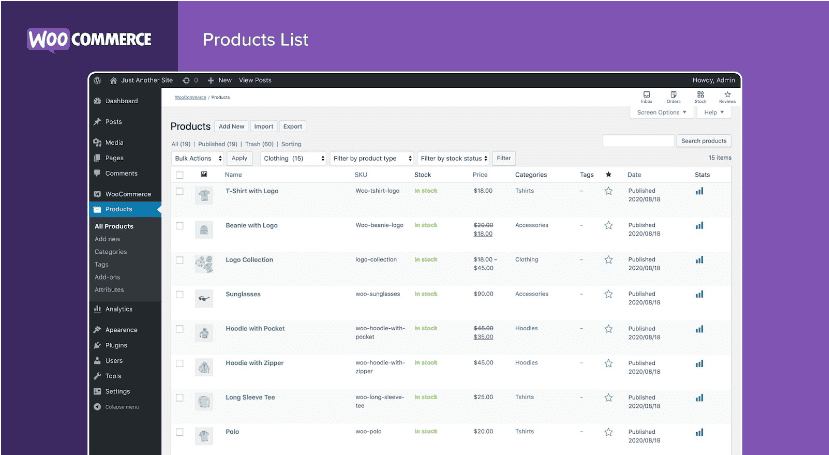
1. Self-hosted Solution
WooCommerce is a self-hosted top e-commerce platform that gives the user all control over the hosting, security, and general functionality of their website.
2. Extensibility
WooCommerce offers a wide range of plugins, themes, and extensions to help the overall functionality of the e-commerce store. One can easily find everything from the payment gateway to shipping, analytics, marketing plugins, and more in the official WordPress repository.
3. Customization
WooCommerce provides high-level flexibility and plenty of customization options, allowing businesses to customize their online store according to their business goals and preferences. For instance, businesses looking to offer tiered pricing for B2B customers can set up wholesale pricing using specialized plugins that seamlessly integrate with WooCommerce.
4. Free to Download
WooCommerce is free to download and use for any type of business. This makes it an ideal option for small and startup businesses who are looking for a cost-effective solution to host and manage their online store.
Pros of WooCommerce
1. Cost-Effective
WooCommerce is a free-to-use platform. This means that there is no type of monthly/yearly subscription fees. It makes a good choice for new-age startups and budget-conscious businesses.
2. Flexible Customization
WooCommerce provides businesses unparalleled flexibility and full control to manage an e-commerce store and plenty of customization options. This helps brands and businesses make the necessary changes by considering the end goals.
3. Integration with WordPress
WooCommerce being a free WordPress plugin integrates seamlessly with any existing WordPress-powered website. This allows one to utilize the full power of WordPress’s built-in ecosystem for SEO and content management.
Cons of WooCommerce
1. Knowledge of Website Development Tools
Using WooCommerce for eCommerce store development and management requires technical expertise in WordPress, PHP and website development.
2. Security and Hosting
Being a self-hosting platform, WooCommerce requires one to manage their website hosting, security, and other resources that sometimes require additional time and technical expertise.
What is Shopify?

Unlike WooCommerce, Shopify is not an open-source platform, but it offers e-commerce companies many tools and features to help them achieve their objectives. It is a paid platform and charges a monthly subscription fee in addition to an internal commission on each sale.
Since it was created in 2006, Shopify has grown to become one of the most well-known storefronts for e-commerce businesses worldwide.
Features of Shopify
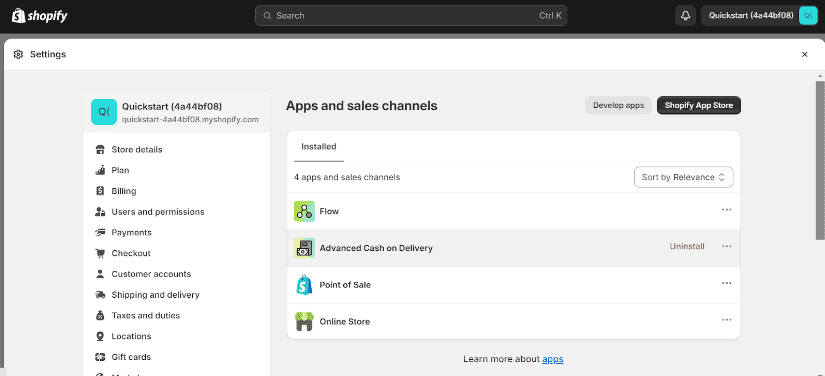
1. Hosted Solution
Shopify hosts the client website and handles all aspects of technical areas like security, regular maintenance, updates, CMS, etc. It also helps e-commerce & D2C entrepreneurs focus on their business growth.
2. Functionality & Integration
Shopify provides a wide range of apps and also provides direct integration with the online store. This extends the functionality of the client’s online store functionality in terms of marketing, analytics, shipping, tracking, WMS, and more. It even supports nonprofit organizations looking to collect donations online, with tools like Donorbox that integrate seamlessly with Shopify to embed donation forms directly into the site.
3. Easy to Use Interface
Shopify provides an easy-to-use interface that helps anyone to easily set up and fully customize their online store without understanding full coding knowledge.
4. Integration with Payment Gateways
Another added benefit of Shopify for your next online business is it provides inbuilt integration with all the major payment gateway platforms. This allows business owners to easily collect payment from all the popular credit cards, digital wallets, UPI and bank wallets.
Pros of Shopify
1. Ease of Use
Shopify gives store owners an engaging and user-friendly interface. This facilitates the hassle-free development and launch of online stores for e-commerce business owners.
2. Scalability
Shopify is one of the eCommerce CMS that allows businesses to expand their product catalog, handle high volume traffic, and further increase the overall revenue with time.
3. Advanced Features
Shopify offers a vast array of features, both basic and advanced, to facilitate the quick and easy operation of an online store. These features include inventory management, marketing, and analytics tools, as well as free and paid themes and plugins.
Cons of Shopify
1. Limited Customization
Unlike other available platforms like Magento, OpenCart, WooCommerce, etc; Shopify lacks the number of customization options that are essential for the further growth of an online store.
2. Expensive
Shopify imposes monthly transaction fees for utilizing third-party payment gateways, potentially decreasing the profit margins for businesses. Additionally, startups and small businesses bear monthly subscription fees for managing their online stores, contributing to added operational costs.
Shopify vs WooCommerce Pricing
For online stores, keeping costs in check is important. Let’s compare the pricing for both Shopify and WooCommerce to help you make an informed decision.
Shopify:
1. Shopify offers three main plans: Basic ($29/month billed annually), Shopify ($79/month), and Advanced Shopify ($299/month).
2. All these plans cover hosting and include an SSL certificate, but your site will have a Shopify subdomain.
3. Additional costs include buying a domain name (starting at $14/year) and transaction fees for third-party payment gateways (2.9% + 30 cents per transaction).
4. You can lower transaction fees to 0.5% with Shopify’s Advanced plan, priced at $399/month.
5. Shopify also offers a Starter Plan for $7/month, enabling buy buttons on any site or in-person sales.
WooCommerce:
1. WooCommerce is a free WordPress.org plugin, that requires a domain name, SSL certificate, and WordPress hosting.
2. A domain name typically costs $14.99, SSL certificate $69.99, and hosting starts at $7.99/month.
3. Some hosting providers offer specialized WooCommerce plans, such as Bluehost, starting at $1.99/month.
4. WooCommerce doesn’t charge transaction fees, making it more cost-effective in the long run.
5. While costs may increase with paid extensions and hosting as your store grows, WooCommerce offers many free themes and add-ons, helping to keep expenses manageable.
Shopify App Store vs WooCommerce Marketplace:
Both Shopify and WooCommerce offer extensive plugins, extensions, and themes to enhance your online store.
Shopify’s App Store features thousands of apps for marketing (The Convertway, Omnisend), inventory management (Stock Sync, TradeGecko), customer support (Gorgias, Reamaze), and shipping solutions (Shipway, Easyship).
WooCommerce’s Marketplace provides a wide range of extensions and themes tailored to various needs, including payment gateways (Stripe, PayPal), shipping solutions (Shipway, ShipStation), and marketing tools (Mailchimp, HubSpot).
Conclusion
Both WooCommerce and Shopify are two popular eCommerce platforms with multiple plug-ins and extensions like Shipway that are used by millions of e-commerce owners in managing their online stores and serving the end customer’s needs.
Both of these storefront provides a wide range of features, functionality, and benefits that can help in building and growing the eCommerce store at a rapid pace.
Further in both of these options, Shopify is an ideal choice for you due to ease of use, simplicity, plugins, and customer support availability.
Shopify can be the right selection for businesses looking to mainly focus on selling the products to the right set of customers without focusing on the technical details of the website.
On the other hand, WooCommerce provides a lot of customization options, templates, security, and full control to manage your online store.
WooCommerce is built on the world’s most popular content management system, i.e. WordPress, and backed by a strong community of millions of WP developers.
Lastly, the best e-commerce platform depends entirely on the end business requirements, features, goals, budget and other factors.
You may also like…
Top 10 India Delivery Company for E-commerce Businesses (2026)
Choosing the right India delivery company is crucial for eCommerce businesses looking to provide fast, reliable, and cost-effective shipping. The...
read more10 Fastest eCommerce Courier Partners in India for 2026
Finding a fast delivery service in India has become essential for every growing eCommerce brand. With customer expectations rising rapidly, online...
read moreTop 10 Logistics Companies in India for eCommerce (2026 List & Guide)
Introduction: Why Logistics Matters for India’s Growing eCommerce Sector The Indian eCommerce sector has witnessed tremendous growth, projected to...
read more
